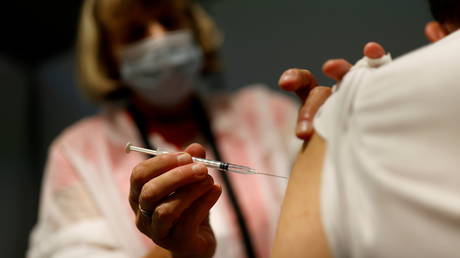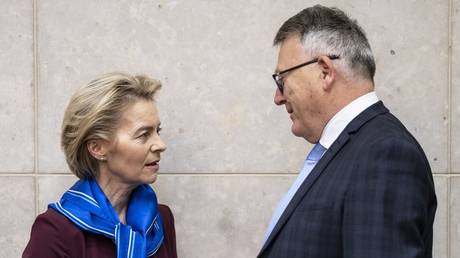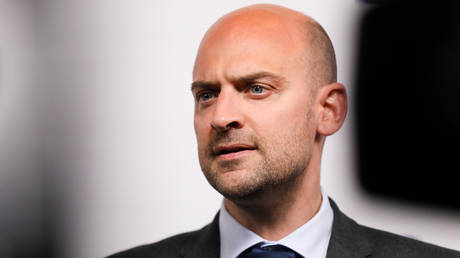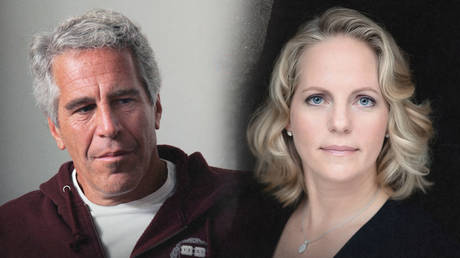
YouTube will ban all “harmful vaccine content” from its platform, including claims that vaccines are ineffective at reducing disease transmission. The ban comes after a year of escalating censorship by the Google-owned company.
“We’ve steadily seen false claims about the coronavirus vaccines spill over into misinformation about vaccines in general, and we’re now at a point where it’s more important than ever to expand the work we started with Covid-19 to other vaccines,” YouTube said in a blog post on Wednesday.
The new rules prohibit content alleging that vaccines “cause chronic side effects,” that they “do not reduce transmission or contraction of disease,” and that they contain unlisted ingredients like fetal cells. The rules apply to all currently approved and administered vaccines, and not just Covid-19 shots.
At first glance, the rules are open to interpretation. YouTube’s moderators will have to decide, for instance, whether content discussing side effects strays beyond the “rare side effects that are recognised by health authorities.” Likewise, multiple studies and real-world data show that Covid-19 vaccines are less effective at preventing transmission and infection than previously thought, and that this efficacy wanes with time.
And, while YouTube explicitly bans claims that vaccines contain fetal tissue or fetal cell lines, shots for various diseases – including Hepatitis A, Rubella and Chickenpox – are actually manufactured using cell lines started in aborted fetal tissue, but individual doses do not contain any of this tissue.
Content violating these new rules will receive a series of “strikes” from YouTube, with three strikes resulting in the termination of the offending channel.
The new policy adds to YouTube’s existing ‘Covid-19 medical misinformation policy,’ which sets out a wide range of forbidden topics regarding the coronavirus. These include videos “encouraging home remedies,” content claiming “that masks do not play a role in preventing the contraction or transmission of Covid-19,” and content “that recommends use of Ivermectin or Hydroxychloroquine for the prevention of Covid-19.”
The latter two topics are controversial, as there is no scientific consensus that masks prevent transmission of the virus, and Ivermectin has shown some promise in studies as a treatment for Covid-19.
Nevertheless, YouTube stated on Wednesday that over 130,000 videos have been removed since last year for violating this policy.
Among the channels banned were two of RT’s German-language channels, which were permanently deleted by YouTube this week. YouTube issued the bans after discovering alleged “medical misinformation” in four videos. Among these cases of “misinformation” was an interview with German epidemiologist Friedrich Puerner, who was critical of his government’s methods of battling the pandemic.
Russian President Vladimir Putin’s press secretary, Dmitry Peskov, told journalists on Wednesday that the banning amounted to “a case of censorship, and of obstructing the dissemination of information by the media,” and would be investigated by Russian media regulators, adding “there must be zero tolerance for such violations of the law.”
DETAILS TO FOLLOW




